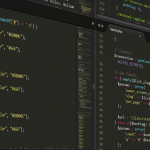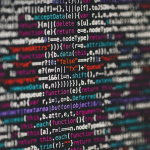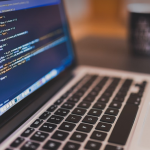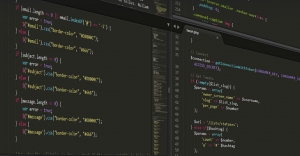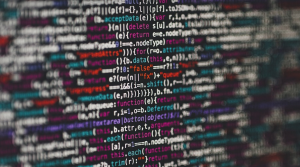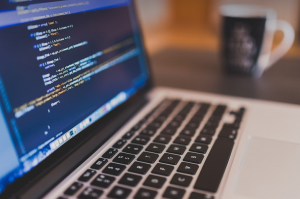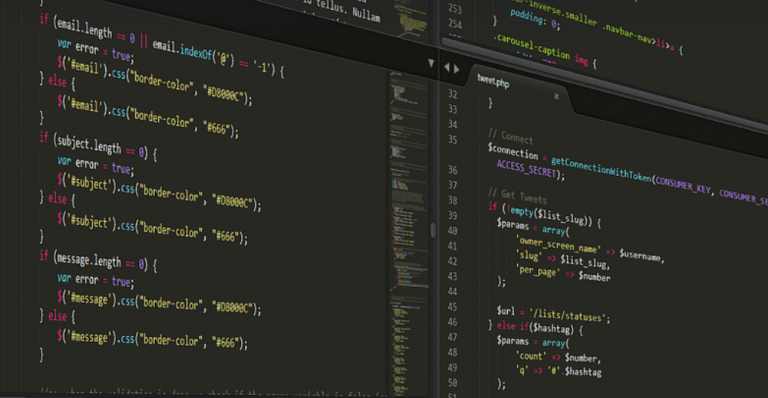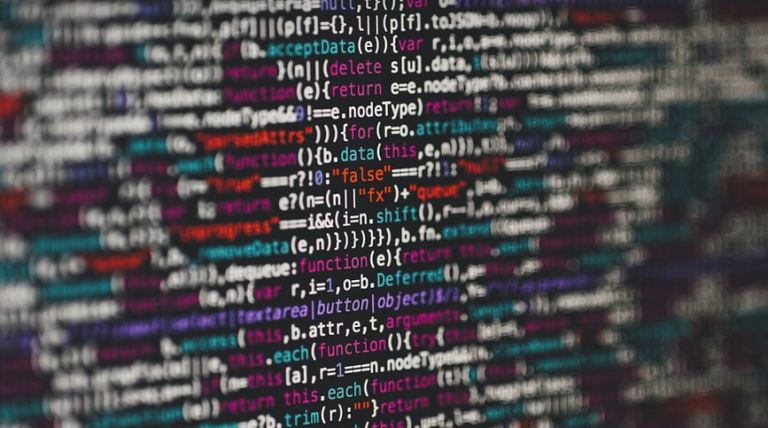The Quiet Revolution in Psychology
Imagine a world where understanding human behavior is easier than ever before. Where we can delve into the intricate workings of our minds and gain valuable insights into who we are, how we think, and why we act the way we do. This might sound like something out of a science fiction novel, but it’s actually happening right here, right now thanks to research studies and psychological instruments.
Research studies have become invaluable tools in psychology, allowing scientists to systematically explore questions about human behavior and uncover patterns that might otherwise remain hidden. These studies involve carefully designed experiments and observations designed to test hypotheses and draw conclusions. For instance, imagine a study focusing on how stress affects our sleep quality. Researchers would monitor participants’ sleep patterns and collect data on their stress levels over several days or weeks. This type of study allows researchers to observe the correlation between stress and sleep, leading to valuable insights into how stressful situations can impact our well-being.
Psychological instruments are another crucial component in this revolution. These instruments are designed to measure specific aspects of human behavior or cognition, often used as part of a larger research study. They serve like a compass, guiding us on our journey to understand the complexities of the human mind. Think about a questionnaire that assesses someone’s level of anxiety. By carefully crafting questions and designing scales for responses, researchers can gather valuable information on how individuals experience and perceive these challenging emotions.
One fascinating aspect of psychological instruments is their ability to quantify subjective experiences into concrete data. This opens up a world of possibilities for research, allowing us to move beyond simply observing behavior and delve deeper into the underlying reasons behind it. For example, imagine an instrument designed to measure self-esteem in adolescents. Such an instrument could provide researchers with a quantitative representation of this complex emotion, paving the way for targeted interventions and early identification of potential struggles.
But the power of research goes beyond simply measuring. It also enables us to test theories about human behavior, exploring whether certain ideas have merit or not. Imagine a study designed to investigate the effectiveness of mindfulness exercises on reducing anxiety levels. By employing control groups and comparing their responses before and after participating in mindfulness practices, researchers can gather evidence that supports or refutes this theory.
The use of instruments and research studies also allows us to assess the validity and reliability of theories. What is the best way to measure something like “happiness” accurately? The careful measurement of various factors contributes to a more comprehensive understanding of what makes someone happy. Additionally, researchers can compare their findings across different studies with similar methodologies and subject populations to solidify their conclusions.
Psychological instruments are versatile tools that go beyond simply measuring self-reported experiences. They can be used in diverse settings, from classrooms to workplaces, offering insights into learning styles, work engagement, and interpersonal relationships. Imagine a company using an instrument designed to assess employee engagement levels. By analyzing the data, they can identify areas where efforts should be focused for creating a more motivated and productive workforce.
The Future of Research – A World of Possibilities
As research continues to progress, we are witnessing a surge in technologies that enhance the scope of our understanding. Big data analysis, machine learning algorithms, and neuroimaging techniques are revolutionizing how we study human behavior. Imagine a world where researchers can analyze massive datasets of brain activity to understand the complexities of cognitive processes in real-time.
The future of research holds even more exciting possibilities. The continued development of novel instruments will allow for deeper insights into mental health conditions like depression and anxiety, opening doors to personalized treatments tailored to different individuals. Imagine a world where therapists could use advanced tools to identify specific triggers in a person’s life based on their individual psychological history and predict potential outcomes.
The ability of research to connect to real-world applications is another significant aspect of its future. As we continue to delve into the complexities of human behavior, we are closer than ever to crafting solutions that can improve our lives. From understanding how children learn best to developing new treatments for chronic diseases, the impact of research will leave a lasting legacy on society.
One thing is certain: the journey through the world of research and psychological instruments has just begun, full of exciting discoveries and revolutionary advancements that lie ahead. The quest for understanding ourselves and our capabilities continues to drive us forward as we embrace the potential of this remarkable field.
